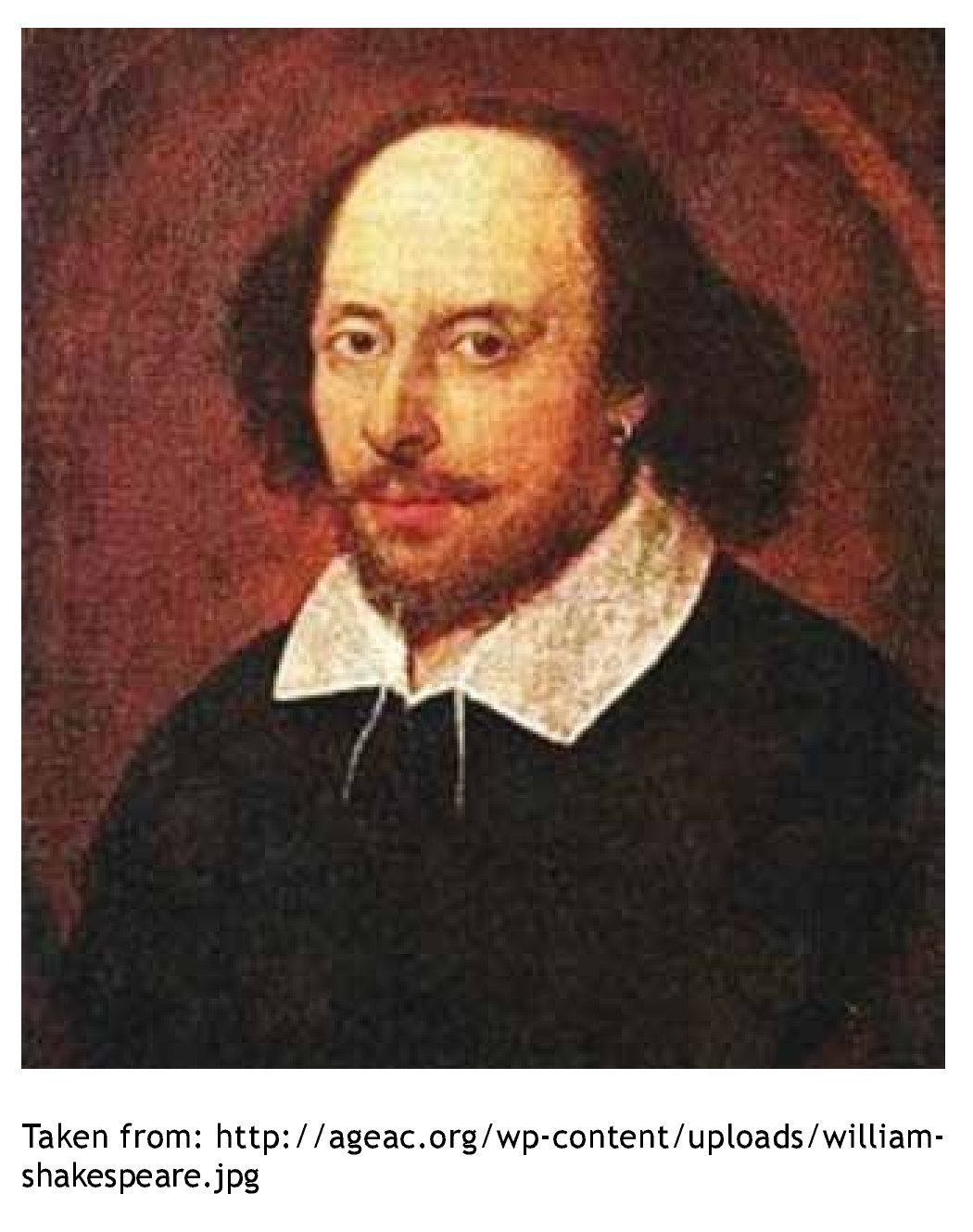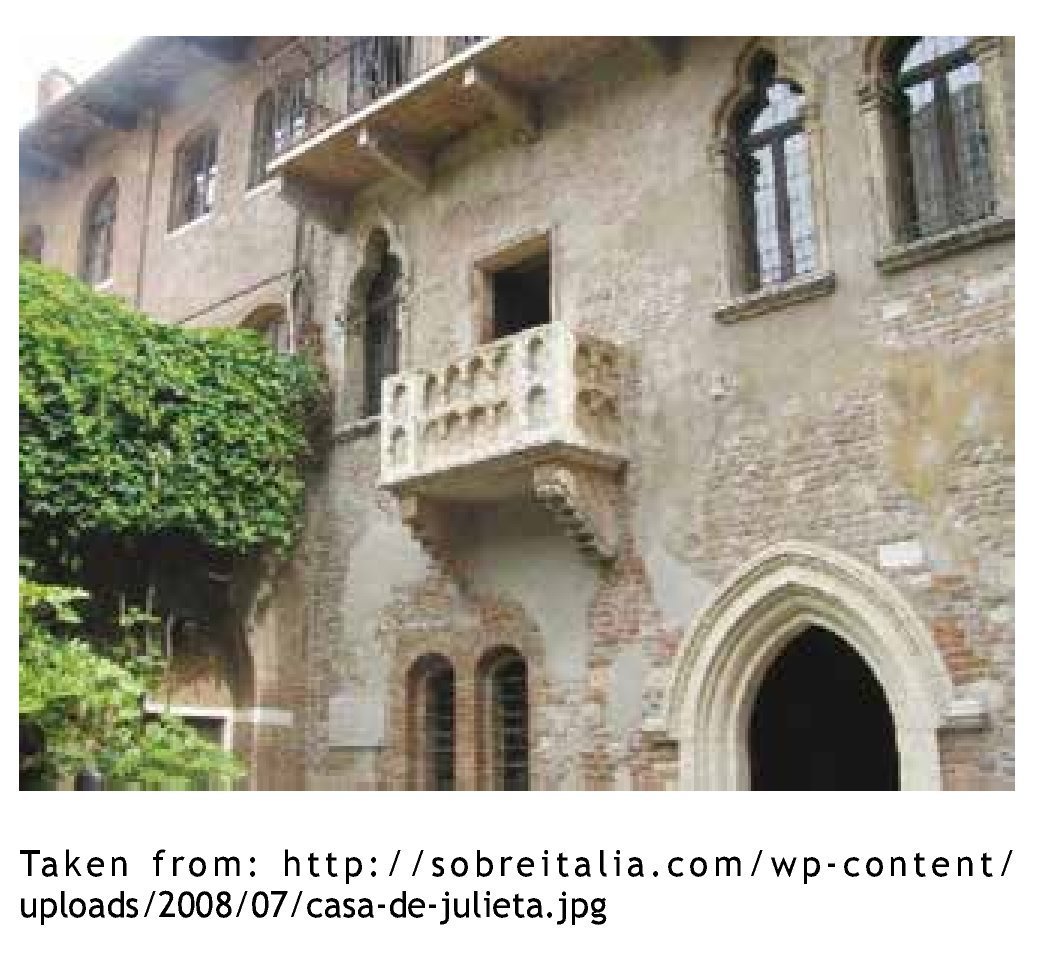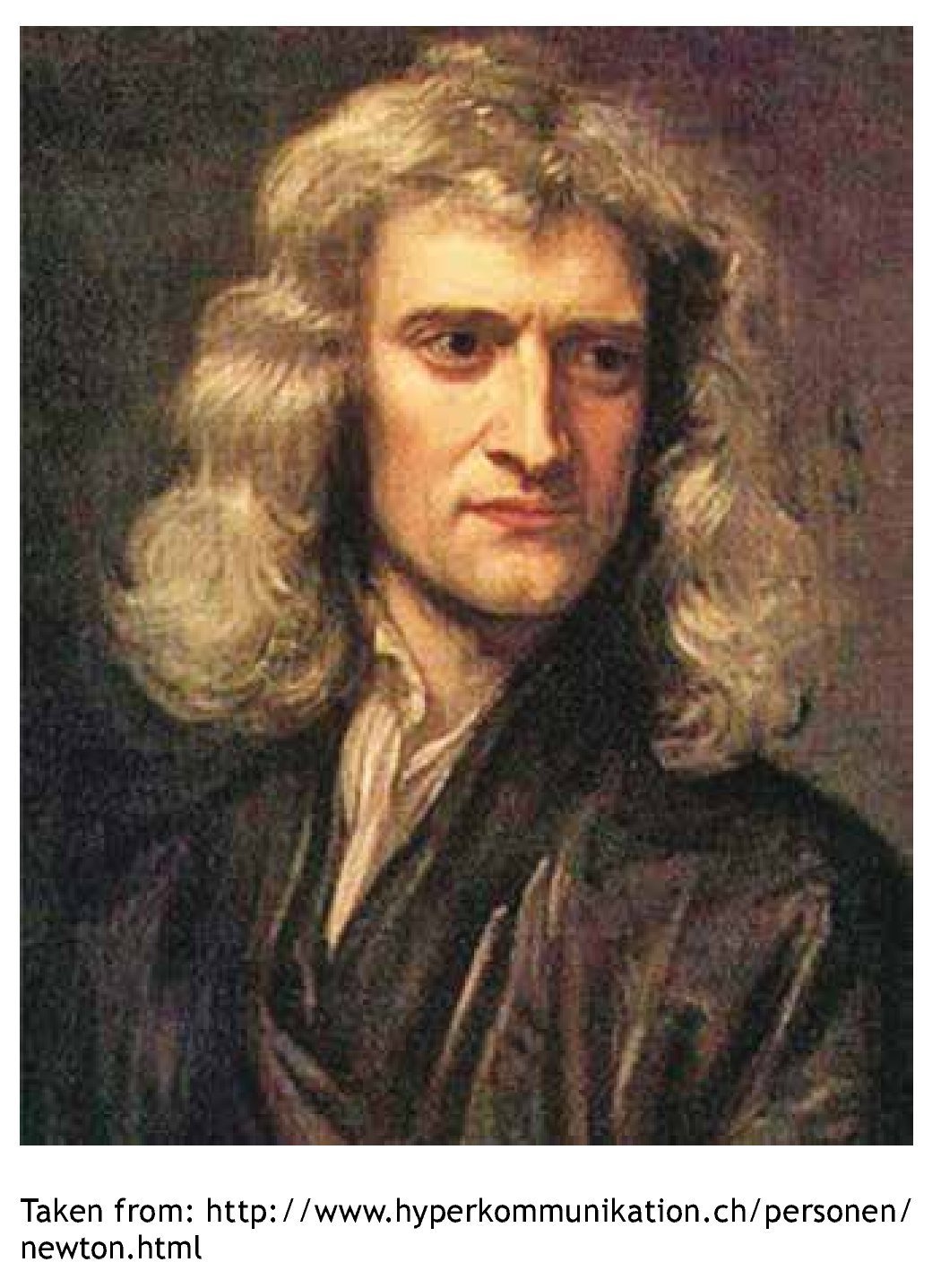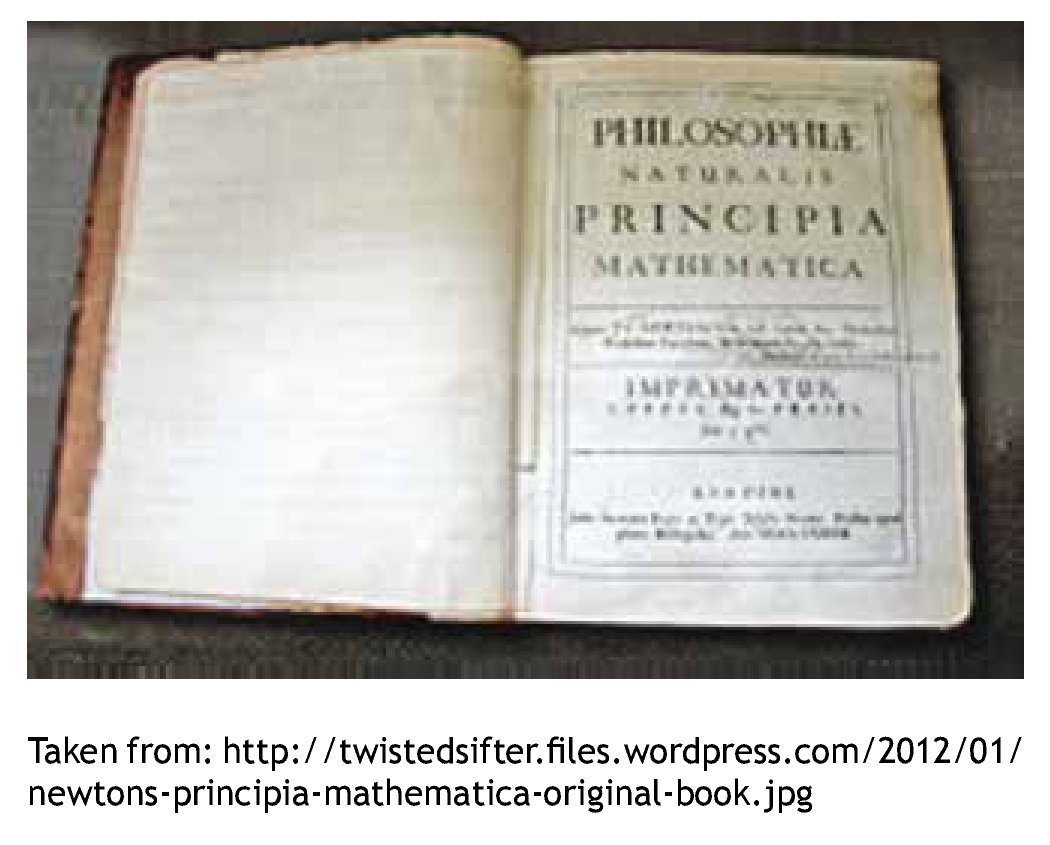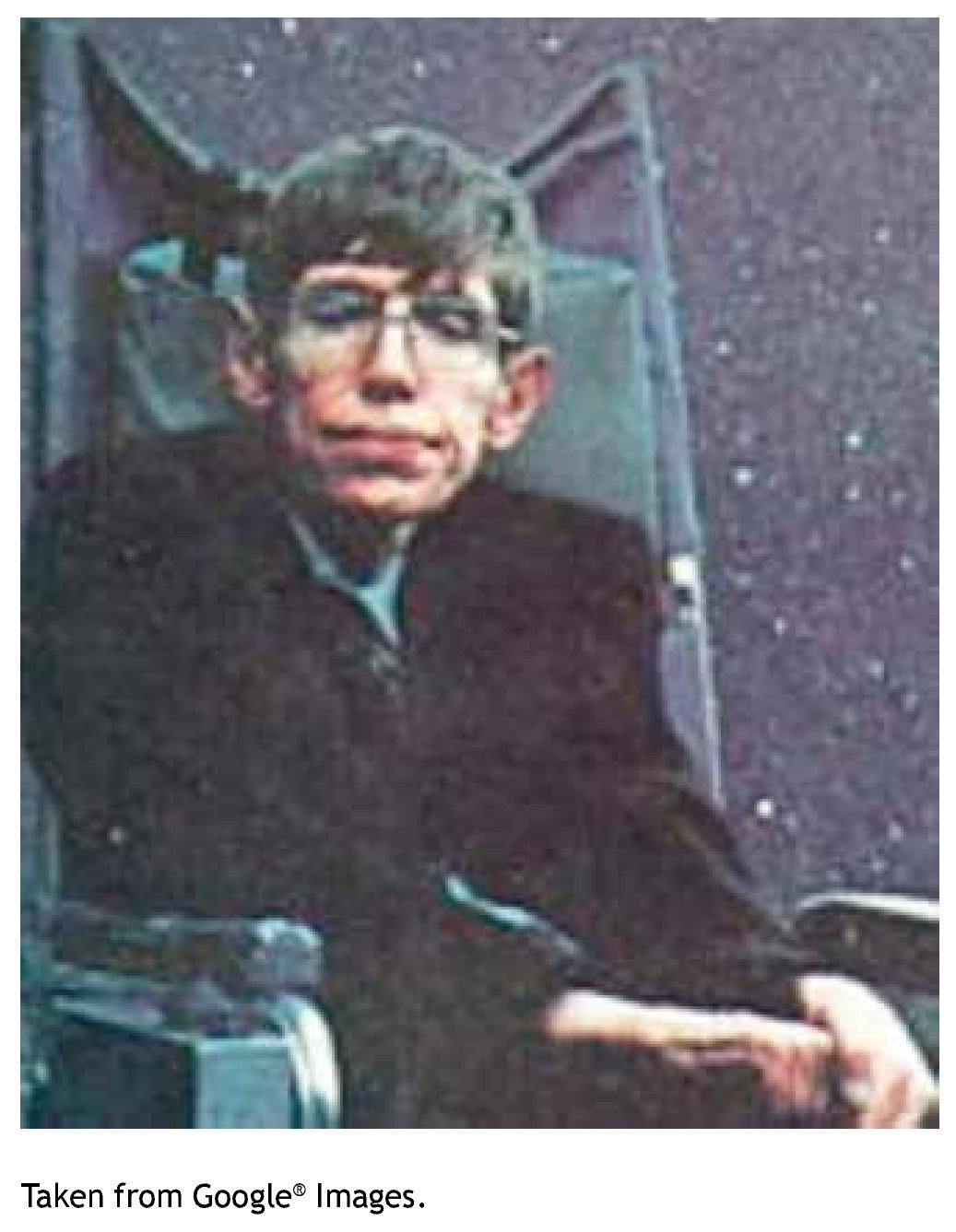The following are thoughts on 2 of the most well-known phrases in the English language, recognized as universal academic icons. That of Juliet Capuleto's in Act II, scene II, "The Balcony", in the immortal work of William shakespeare's Romeo and Juliet about "A rose by any other name", and "On the shoulders of giants", traditionally attributed to Isaac Newton, the discoverer of the Mechanical Universal Laws, including that of Universal Law of Gravitation, in the 17th Century, but in reality first said by the humanistic philosopher and theologist Bernard of Chartres in the 12th Century.
Introduction
People around the world have dedicated time and space in an attempt to answer the question: "What is the meaning of a name?1 What does it represent?". In addition to differentiating one person from another, a name certifies, fundamentally in the Jewish culture, a person's degree of communion with spirituality; the concept of "shem Tov" (good name).2
The Latin phrase Nomen est omen3 "Name is omen" was an aphorism which prevailed during the Middle Ages with dogmatic or axiomatic overtones.
But, what about the meaning of phrases? The term "Among individuals, as among nations, respect for the rights of others is peace"4 in Mexico and Latin America immediately identify Benito Juárez García (1806-1872). Despite Vicente Fox Quesada's (1942)5 disrespectful logorrhea, there are some expressions which, as cosmopolitan icons, are repeated every day in many different languages worldwide. I will refer to 2 specifically in this work.
Shakespeare's Rose
English playwright William shakespeare (stratford-upon-Avon, Warwickshire, United Kingdom, April 26, 1564 - April 23, 1616)6 (Fig. 1), among others, teaches us the value of a phrase in his greatest work Romeo and Juliet.7 It is well-known that Romeo and Juliet is a tragedy in five acts originally staged in London, England around 1597-1603. Romeo and Juliet tells the story of the passionate love between 16-year-old Romeo Montague, and almost 14-year-old Juliet Capulet. Briefly summarized, the storyline revolves around 2 teenagers from Italian families with a long-running family feud between them; they fall in love with each other intensely despite their "opposite destinies", which presages their love as an "impossibility".
Figure 1 William shakespeare (1564-1616).
Wishing to see Rosaline, Romeo attends a ball at the Capulet house in Verona; instead he ends up meeting Juliet. Romeo recognizes his passionate love for Juliet; they love each other, so she agrees to secretly marry him. Still inflamed with love after the ball, he sneaks into the Capulet orchard and overhears Juliet at her window vowing her love to him in spite of her family's hatred of the Montagues during Act II, scene II "The Balcony" (Fig. 2).
Figure 2 Picture of the balcony of Juliet Capulet in Verona, Italy.
Shakespeare utilizes the concept of the rose, the flowery symbol of lovers. Expressing her love in apparent solitude in a moaning soliloquy, Juliet rhetorically asks the shining moon: "What is in a name? That which we call a rose, by any other name would smell as sweet".8 Hidden under the balcony, Romeo makes himself visible to Juliet's eyes, telling her: "Call me but love, and I'll be new baptized; henceforth I never will be Romeo". Friar Lawrence secretly marries them next morning.
After spending the night with Juliet, Romeo walks the streets of Verona in the company of his good friend Mercutio. An altercation emerges when they run into Tybalt; Romeo refuses to fight Tybalt since they are now kinsmen. Mercutio is incensed by Tybalt's insolence, and accepts the duel on Romeo's behalf. In the ensuing scuffle, Mercutio is fatally wounded when Romeo tries to separate them. Romeo, angered by his friend's death, pursues and slays Tybalt, then flees. Meanwhile Juliet's parents try to force her into marrying Paris in 3 days. How to avoid this? Following Friar Lawrence's advice, Juliet drinks a drug which will put her into a death-like coma for 42 hours, enough time to inform Romeo, so when he is back in the city they can face the future together. The messenger, however, does not reach Romeo. Romeo instead learns of Juliet's "death"; grief-stricken, he buys poison from an apothecary, returns to Verona in secret, and visits the Capulet crypt. He encounters Paris, who has come to mourn Juliet privately. Paris confronts Romeo, believing him to be a vandal, and in the ensuing battle Romeo kills Paris. He then looks at his lover's "dead body" and drinks the poison to commit suicide. Juliet then awakes and when she sees Romeo, she stabs herself in the heart with her lover's dagger. That is how we remember the text, the theatrical version and the movie (1968, Dino de Laurentiis, producer, Franco Zeffirelli, Director; Olivia Hussey, Bonaerense, and Leonard Whiting).9
"On the shoulders of giants"
Another reflection which has been perpetuated throughout the history of science is the following: "If I have seen further, it is by standing on the shoulders of giants".10 This expression denotes the greater perspective that one may have when lifted up and borne aloft on giants. It is evident when we look at current scientific, cultural and artistic advances that they rest on the revision, repetition, verification and improvement of past findings.11 If true, to validate and improve, and if false, to point them out as outdated fallacies.
It was not rare to characterize the ancient as giants and the modern as dwarves in medieval literature.12 History teaches us that progress in democracy, society and freedom, as well as ethics, bioethics and philosophy, brings a concatenated change of renewed scientific paradigms and philosophical or ethical advances, which have universally led to a better view of the economic, legal, social and political order of towns and their people.13
Strangely enough, it wasn't uncommon to hear my father recite the "On the shoulders of giants" phrase around the house when I was young; however, it seems to have taken a new meaning after repeatedly hearing it during my residency years in neurosurgery (1957-1961) at the University of Galveston Texas, from Dramuel Robert snodgrass (steubenville, Ohio, March 17, 1906 - Galveston, TX, 1975).14
Back in Monterrey as a neurosurgery teacher for the UNL (later Universidad Autónoma de Nuevo León, UANL by its spanish acronym), I got used to sharing the giant expression in the classroom with my undergraduate and graduate studentsome of them are currently occupying high- level political and administrative positions of the state and the University. After all, and following Aristotle's thinking (384-322 B.C.),15 the teachers' desire is to see themselves surpassed by their students, feeling a "small" or "big" part of their success.
Sir Isaac Newton
The phrase "On the shoulders of giants" is traditionally attributed to Isaac Newton, the physics, optics, calculus and alchemy genius and English astrophysicist (Woolsthorpe, Lincolnshire, England, December 25, 1642 - London, England, March 20, 1727).16 Newton (Fig. 3) was also a philosopher of science, a microscope and telescope innovator, and a theologian. He was also Warden and then Master of the Royal Mint in 1696, knighted by the Queen in 1705 and president of LondonRoyal Society for the Improvement of Natural Knowledge (1703-1727),17 which was founded in 1660 by 12 English cosmologists with the empiricist motto Nullius in Verba18 (which means take nobody's word for it).
Figure 3 sir Isaac Newton (1642-1727) in 1689 by Godfrey Kneller (1643-1723).
Victim of what probably was an involuntary mercury intoxication, Newton died in Kensington/London; he was 85 years old. Because he rejected the enigma of the Holy Trinity, he was denied the ecclesiastic sacrament of extreme unction. His grave is located in Westminster Cathedral, close to his compatriot Charles R. Darwin (1809-1882); 2 men without royal blood buried worthily among kings.
Newton's Magnus Opus -called by many "the best scientific work of all time"- was Philosophiae Naturalis Principia Mathematica (Fig. 4), which appeared in London on July 5th, 1687 in Latin. His scientific recognition fundamentally rests in stating that any 2 bodies in the universe attract each other with a force that is directly proportional to the product of their masses and inversely proportional to the square of the distance between them, known as the Law of Universal Gravitation.19
Figure 4 The first page of the first edition of Principia, London, 1687.
True or not, history romantically dictates that this law was created after an apple fortuitously fell from a tree and hit him on the head on a summer afternoon in his house garden.20 The apple, incidentally, is a fruit which plays a significant role in other famous texts: The Bible (Adam and Eve), Greek Mythology (the discord, from the Heréspides), and snow White.
Newton's life was full of scientific disputes, mainly with his compatriot Robert Hooke (1635-1703) and the German Gottfried Leibnitz (1646-1716), caused by the priority of the gravitational and integral calculus, respectively.
Robert Hooke
Author of the poly-themed Micrographia (1665), Robert Hooke21 discovered the Law of Elasticity, invented the balanced spiral spring for watches and a microscopic compound which he used to prove the architecture of certain polyhydric cavities constitutive of wood and cork which he called cells. He was the founder, secretary and lifelong director of the Royal society and literature credits him as the first one to mention the cosmological distances of the square mechanics, despite the fact that the wise English microscopist could never pose it as a real scientific theory of universal attraction, as Newton did.
"If I have seen further, it is by standing on the shoulders of giants", 1675
After Principia, Hooke confronted Newton publicly, claiming priority over the Law of Universal Gravitation, an honor which, "due to lack of evidence", was denied by the Royal Society and the scientific world. Going beyond Royal Society boundaries, the affray was popularly known reflecting on its seriousness. Some members suggested to Newton that he come to terms with his Chamber colleague, advice which he accepted, or at least appeared to.
In a "respectful" epistle dated February 5, 1675,22 Newton informed Hooke "as reconciliation" that the reason he was able to see further was because "he was standing on the shoulders of Giants". Literature lucubrates on Newton's use of an upper-case G to refer to giants, since ironically Hooke was "short, hunched, small, and his body was arched like the back of a G".23 It is believed that Hooke chose to ignore the sarcasm or he didn't get it,24 or maybe it simply did not exist. The impact of this phrase, publicized in London in 1675, was so great that in the minds of the citizens of the United Kingdom and the world to the present day, Newton was its creator.
People believe that this phrase about the shoulders of giants was Newton's way of paying due homage to the astrophysicists before him: Nicolaus Copernicus (1473-1543), Tycho Brahe (1546-1601), Galileo Galilei (1564-1642), Johannes Kepler (1571-1630) and famous philosopher René Descartes, author of the famous phrase Cogito, ergo sum -"I think, therefore I am"- (1596-1650), and their scientific research methodology.
John of Salisbury and Bernard of Chartres (12th Century)
Experts, however, have discovered that Newton's "gigantic" epistolary expression to Hooke during the 17th Century was not original, for it was found c. 1130 (about 500 years before Newton) in the voice of French Neo-Platonist philosopher Bernard of Chartres (1080-1130) a theology professor in the renowned Cathedral school of Chartres, France.25 This piece of information was collected from the play Metaligicon, written in 1159 by one of the most brilliant of Chartres' disciples, British theologian and scholar John of salisbury (salisbury, England, 1115 - Chartres, France, 1180).26 The school of Chartres was founded in 990 by Bishop Fulbert of Chartres (960-1028).27
John of salisbury was an educator, author, diplomat and philosopher who served as the secretary of the archbishopmartyr of Canterbury cathedral, saint Thomas Becket (1118-1170), and was bishop of Chartres (1176-1180)omewhat paradoxically, John used to describe himself as John Parvus -"Little" John-.
Other experts found that at least 4 authors utilized the "On the shoulders of giants" phrase during the Renaissance (the 15th and 16th Centuries). Among them, clergy Friar Diego de Estrella (1524-1578) in 1578, and 3 English writers and poets: John Donne (1572-1631) in 1625, George Hakewill (1578-1649) in 1627 and Robert Burton (1577-1640) in 1624.
However, it is also cited in literature with a remonstrative tone. Pedagogue Juan Luis Vives (1492-1540)28 defiantly expressed during the 16th Century; "Not dwarves nor giants, everybody the same height".29
Final comments
Referring to the aforementioned "On the shoulders of giants" in the university classroom, I intended to motivate my undergraduate and postgraduate students to employ their best effort and greatest tenacity to learning and in the selection of appropriate words to express it. After all, knowledge cannot be acquired via chemical transmutation or miraculous spiritualization. Neither can it be acquired by osmosis or inheritance (sorry Darwin). It is the natural result of daily tenacious effort in the easy (or difficult) art of learning to learn and teaching to teach. In such tenacity, the investigator, at any age -old or young- may be rightfully aided by those who have preceded him on the path, whose footprints have been verified as trustworthy, useful and true.
Like runners against the clock, we must aspire to be the best, setting a goal and fixating ourselves on a time and a destiny. If the number of neurons is the same in all the normal brains in the world, it becomes necessary to exercise it and it is not difficult to try to strengthen the baggage of principles and virtues which the pupil brings with him to develop in the benefit of the sick.
"The brain" Dr. Ricardo salinas Ruiz noted philosophically in one of his commentaries, "is the only organ in the human body which grows without an increase in volume". If physical exercise is desirable, cerebral gymnastics are also necessary and essential for the invigoration of thought.
The traditional fallacy Magister Dixit30 like astrology, waxed and waned in the darkness of the Middle Ages, making way for the Nullius in Verba in the 17th Century,18 represented in the 4 "I´s" of knowledge: Intend, Imitate, Innovate, Invent.31
To the writer, the student-teacher binominal is a logical 2-way street: some learn from others, but rarely does the teacher discover, in some question or answer of the student, an unexplored avenue, or the student may warn of an inadvertent inaccuracy in the teacher's discourse. While it is true that autodidacts may exist that do not require a teacher to learn (like José Eleuterio González) it would be impossible to imagine a professor without students. Anchylose thoughts are not profitable. If the words are thrown to the wind, let us draw near to Publish or Perish,32 required reading for teachers in North American universities.
Stephen Hawking and others
In the real world, one giant in physics and astronomy is British scientist Stephen Hawking, born in oxford in 1942.33 Hawking -one of the most brilliant minds that have existed in this world throughout time- is, without a doubt, the supreme illustration that there is no impediment except that which each person imposes on themselves. As is known, the oxford professor is "incapacitated" by amyotrophic lateral sclerosis (Fig. 5), requiring a wheelchair to move and a voice synthesizer to communicateince the diagnosis of his ailment in 1963, he has offered more than a hundred conferences and written a score of books via dictationne of his more recent works was "On the Shoulders of Giants", in 2003.34
Figure 5 The astronomer stephen Hawking (1942) and his amyotrophic lateral sclerosis.
Also recently, the American sociologist Robert King Merton (1910-2003)35 in 1990 and the British historian of culture Peter Burke (1937)36 in 2012 have referred to "On the shoulders of giants" in their written works. Burke qualified the phrase as "Very important for the introduction and defense of modern scientific thinking", and he warned of the risk that is run when a "giant of information" could turn into a "dwarf of knowledge". We believe that, no matter how vast or penetrating our view from the heights, we must never lose sight of the ground of the reality that sustains us. Extraordinariness in our fantasy should be far from imposing smallness in judgment, fortitude, prudence, strength and justice.
Received: August 2013;
Accepted: January 2014
* Corresponding author:
Department of Neurosurgery and Neurological Endovascular Therapy,
"Dr. José Eleuterio González" University Hospital, Universidad Autónoma de Nuevo León.
Francisco I. Madero and Avenida Gonzalitos, Mitras Centro, Z.P.
64460, Monterrey, N. L., Mexico. Telephone: (+5281) 8346 2698.
E-mail address: garzamercado@yahooom (R. Garza-Mercado).




